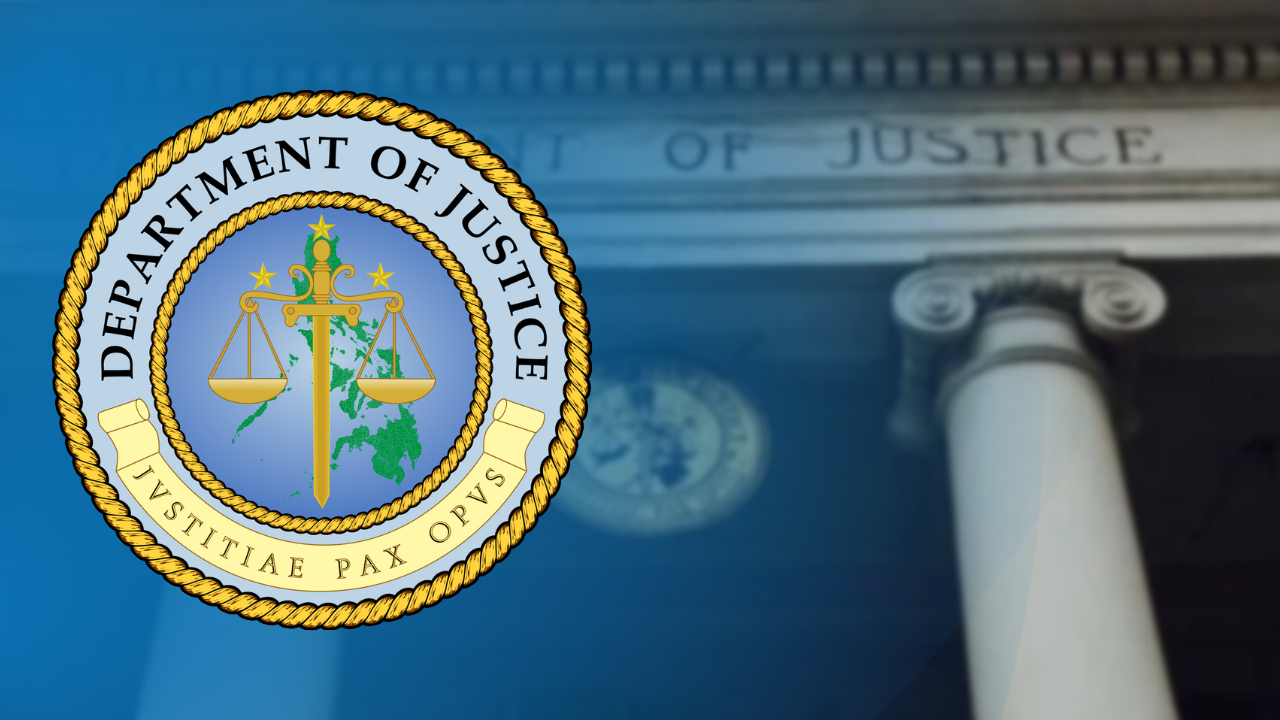DOJ indicts Kazuo Okada, Tonyboy Cojuangco, et al., for grave coercion during casino hotel takeover
MANILA, Philippines — The Department of Justice (DOJ) has recommended the filing of charges for grave coercion against Kazuo Okada, Antonio “Tonyboy” Cojuangco, Dindo Espeleta and Florentino “Binky” Herrera III for their forceful May 31, 2022 takeover of Okada Manila, which was reversed last month after gaming regulators and the courts ruled against the move.
The order stems from several complaints filed against the group and several security personnel after the took control of the casino hotel based on their interpretation of a status quo ante order of the Supreme Court — an action that has now been deemed to have gone beyond the High Tribunal’s ruling.
In a resolution released last week, the state prosecutors saw merit in the complaint of several officials of the Tiger Resorts Leisure and Entertainment Inc. (TRLEI) who said they were bodily edited from the premises during the takeover, but stopped short of recommending charges of kidnapping.
READ: Okada boardroom battle reaches DOJ
Article 286 of the Revised Penal Code defines grave coercion as an act by any person who, without any authority of law, by means of violence, threats or intimidation, prevents another from doing something not prohibited by law, or compels him to do something against his will, whether it be right or wrong.
Copies of the DOJ resolution were sent to the lawyers of the parties involved, including DivinaLaw as counsels for the complainants, as well as lawyers Raoul Sontillano, Ferdinand Michael Marcos Manotoc and Jefferson Wilfredo Ferrer who were the counsels for the respondents
“From the totality of the circumstances, complainant [TRLEI director Hajime] Tokuda’s liberty to move may have been restrained for a while,” the resolution said. “Nevertheless, his momentary restraint does not come within the context of the law on kidnapping.”
The prosecutors explained that the apparent intention in his temporary deprivation of his liberty by lifting him out of Okada Manil’s boardroom, into the elevator and down to the parking area, and finally off to his home, was to expel or remove him from property and prevent him from performing his functions as a director and top officer of company.
“Hence, respondents can only be held accountable for grave coercion,” the resolution said.
The prosecutors also dismissed the complaints of slight physical injuries, kidnapping and serious illegal detention, and unjust vexation against the top officials of Kazuo Okada’s camp, as well several other security personnel who joined in the earlier raid on the casino hotel.

